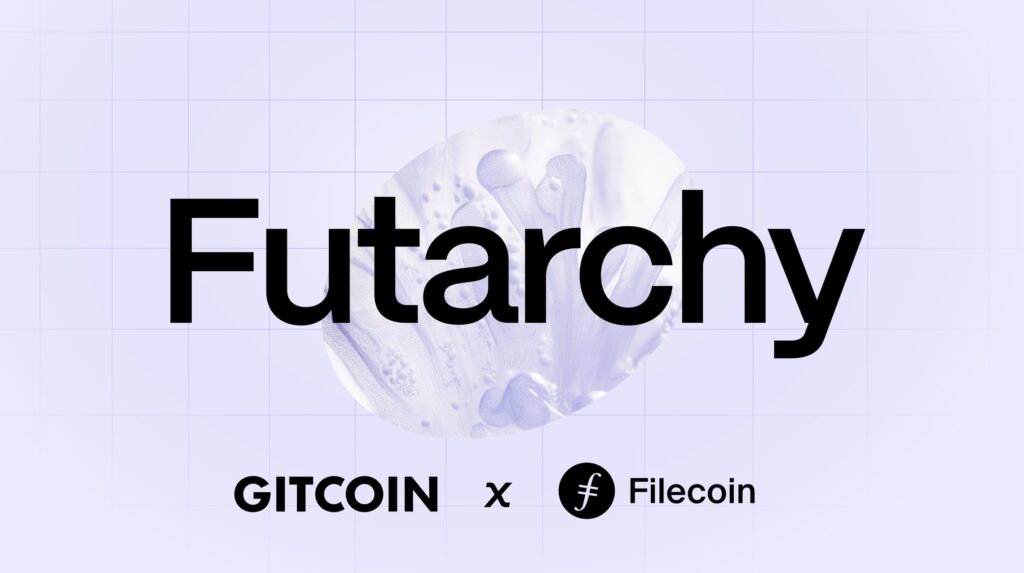For Filecoin’s second Retroactive Public Goods Funding (RetroPGF) Gitcoin that kicked off in September they teamed up with Gitcoin to add Futarchy to their RetroPGF round.
Futarchy uses prediction markets to crowdsource insights on which projects the community believes will succeed. Traders “bet” on outcomes for proposals, helping badgeholders make better funding decisions.
By using Futarchy, the badge holders identify and investigate potentially overvalued low quality proposals (those with high probabilities of being bottom-tier) to avoid misallocation of funds based on the collective wisdom of market participants.
The collaboration aims to empower communities with data-backed insights, creating a more decentralized, impactful model for public goods funding. In this experiment, prediction markets run alongside badgeholder voting. These predictions provide data-backed signals to guide funding decisions. Badgeholders can use market insights to focus on the extremes:
– Top 10% (“gems”)
– Bottom 10% (“ngmi”)
The insights of the traders bet highlight which proposals deserve a closer look—or second thought.
The result of the Futarchy experiment with Filecoin was presented by Gitcoin’s team at the Filecoin Dev Summit, where the team shared insights on capital allocations and the future of public goods funding.
During the Question and Answer Session, when asked how the traders participation influences the market? Gitcoin’s team responded that the market reflects the predictions the market participants are willing to put skin capital at risk for. That is by choosing a prediction that all the participants agree on and are not going to trade against. Essentially, it is like a consensus of all the market participants.
Alex, a team member at Gitcoin, was specifically asked what lessons this experiment has shown them for future decentralized rounds, and he responded, ” We’re testing our several things in this round. One, is what is necessary to actually attract sufficient engagement and participation because the markets are only useful if they can attract informed actors. What we learnt is what is necessary to attract these actors and whether we need to go and seek them out. Also, what incentives are necessary to provide. Currently, we have provided some incentives but those trading incentives may or may not be enough to attract individuals with sufficient expertise.”
To find out more about how you can contribute to the RetroPGF round with Futarchy, visit here.

